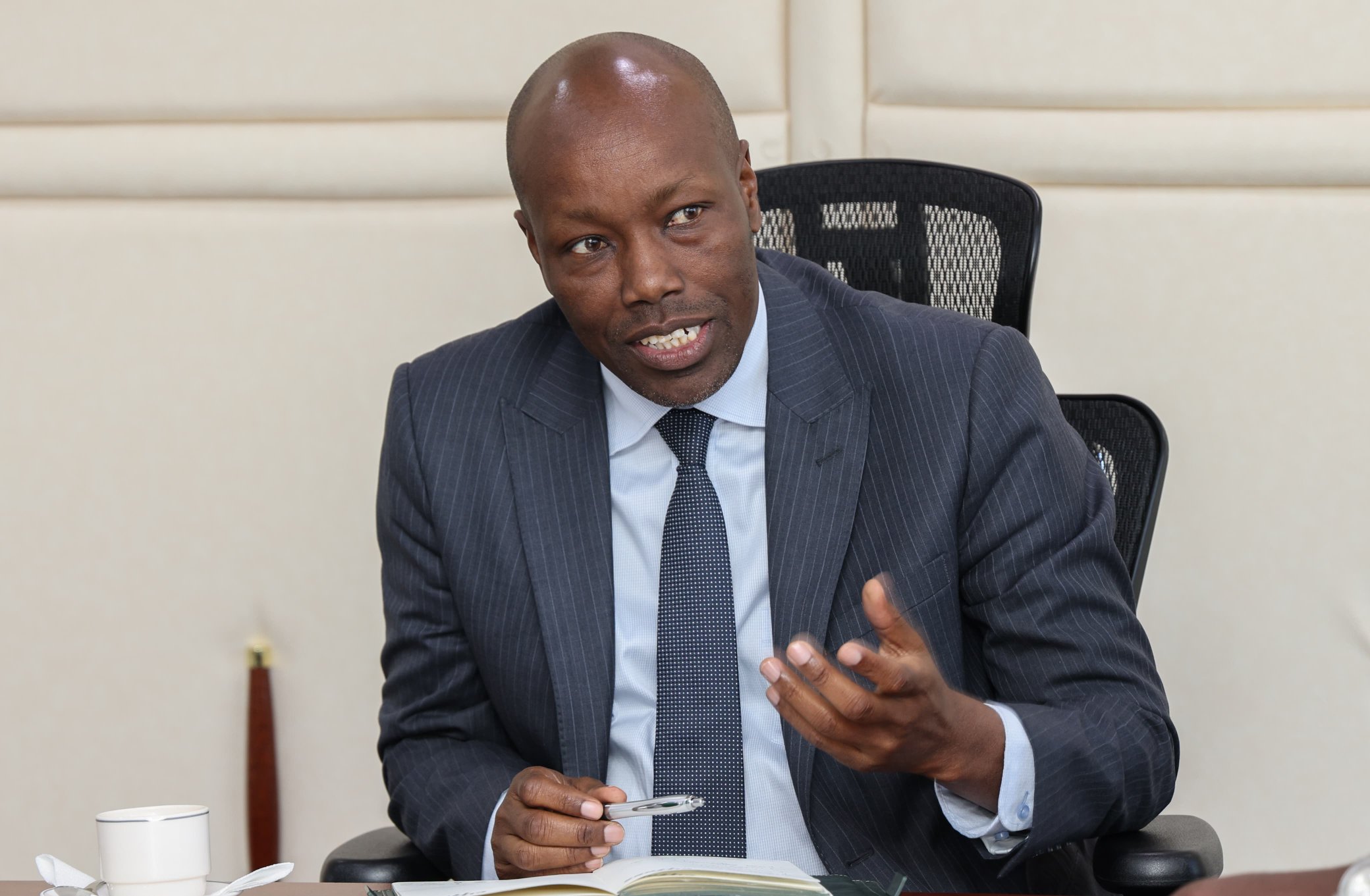Kenya has secured continued access to the lowest export tariff to the United States following a new Executive Order signed by US President Donald Trump that introduces reciprocal tariffs targeting goods from several trading partners around the world.
The Executive Order, which is set to take effect in seven days, outlines new tariff rates ranging from 10 to 41 per cent.
Kenya’s exports will remain under the 10 per cent rate, the lowest in the new structure and a continuation of its existing trade status with the US.
This places Kenya in a favourable position compared to countries with similar export profiles.
The tariff revision will hit major economies such as the United Kingdom, Japan, India, Brazil, Israel, and a number of African nations, including South Africa, Uganda, and Nigeria.
Uganda, notably, is the only East African country included in the list and will be subjected to a fifteen per cent duty.
In a statement, Kenya’s Ministry of Investments, Trade and Industry confirmed that Kenya had retained its preferential trade arrangement and assured continued commitment to its economic relationship with the US.
The ministry described the United States as a long-standing and strategic partner in key areas including trade, digital economy, tourism, and regional security.
Cabinet Secretary Lee Kinyanjui said Kenya will continue to work closely with American authorities to strengthen the existing trade partnership.
“Kenya remains committed to deepening its longstanding trade and investment relationship with the US. The United States continues to be a key strategic partner for Kenya across various sectors, including commodity exports, digital trade, tourism, and regional security cooperation,” said Kinyanjui.
The preservation of the 10 per cent tariff rate is expected to shield Kenyan exporters from immediate disruption and provide some stability amid changing global trade policies.
President Trump said the new tariffs are part of efforts to address what he described as a national emergency outlined in Executive Order 14257. He defended the move as necessary to protect US economic interests.
“I have determined that it is necessary and appropriate to deal with the national emergency declared in Executive Order 14257 by imposing additional ad valorem duties on goods of certain trading partners at the rates set forth,” Trump said.
While Kenya has been spared, several African countries will face higher tariffs.
South Africa, Algeria, and Libya are among those facing the highest rate at thirty per cent. Tunisia falls under the twenty-five per cent bracket, while countries such as Angola, Botswana, Cameroon, Chad, Côte d’Ivoire, the Democratic Republic of the Congo, Equatorial Guinea, Ghana, Lesotho, Madagascar, Malawi, Mauritius, Mozambique, Namibia, Nigeria, Zambia, and Zimbabwe will each face a fifteen per cent tariff.
Outside Africa, Syria tops the global list with a forty-one per cent tariff, followed closely by Laos and Myanmar at forty per cent. Switzerland will be taxed at thirty-nine per cent, while Iraq and Serbia face a thirty-five per cent duty. Bosnia and Herzegovina will be taxed at thirty per cent.
Kenya’s exemption from these new tariffs is seen as a sign of continued goodwill and strong bilateral ties between Nairobi and Washington.
